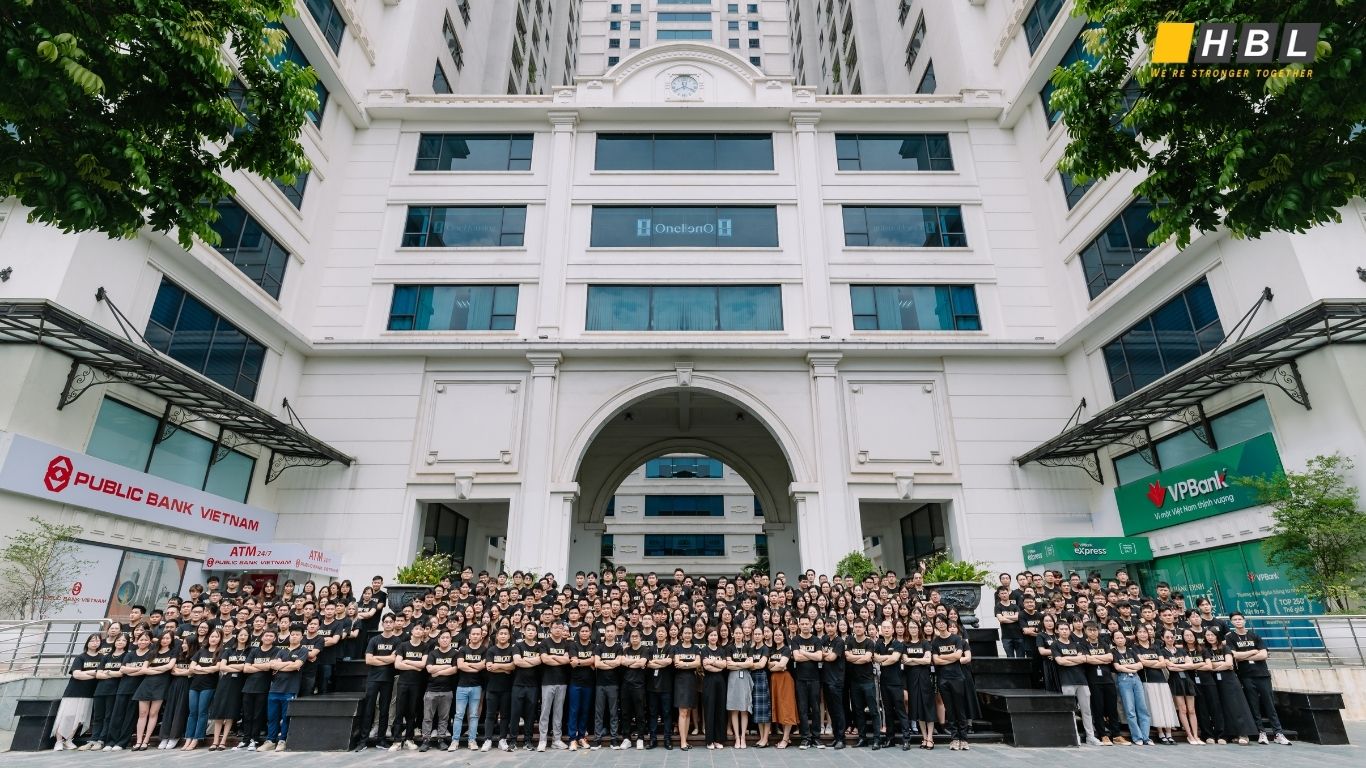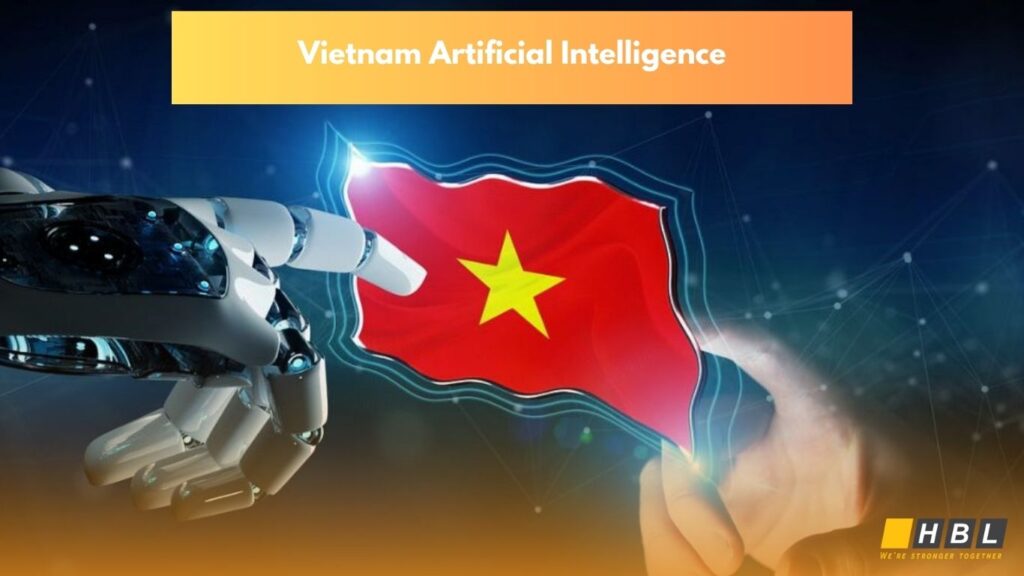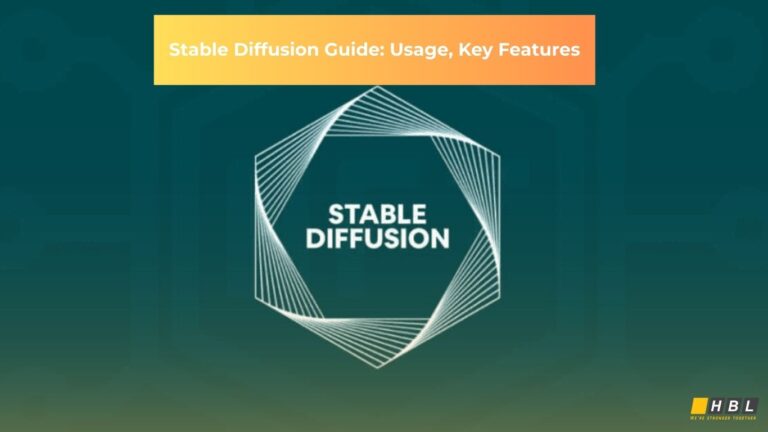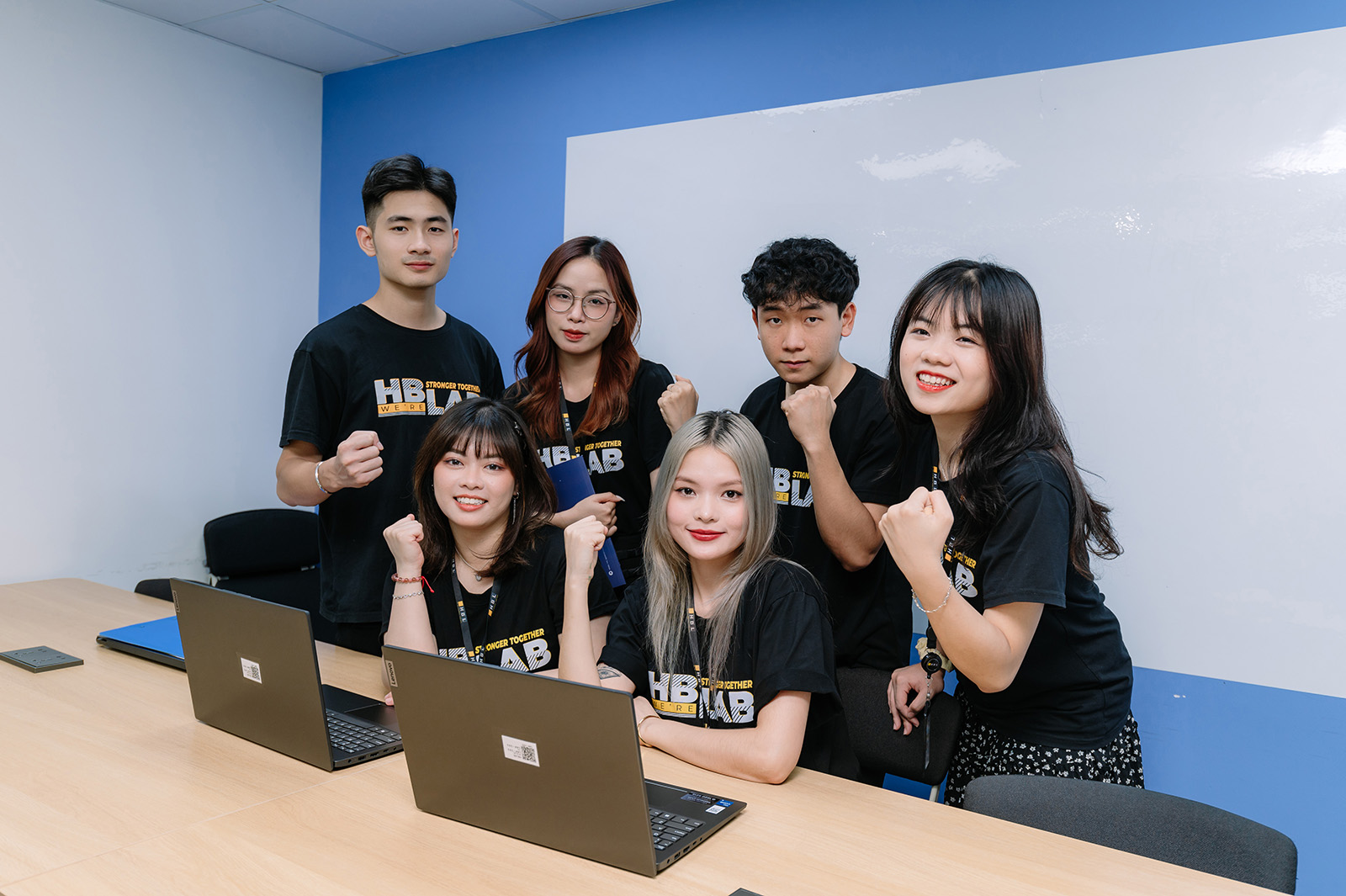The global technology landscape is witnessing a seismic shift, and at the heart of this transformation lies Vietnam. Once known for its golden coastlines and rich history, the nation is rapidly rebranding itself as a formidable force in the digital age. The keyword echoing in the boardrooms of global enterprises from Sydney to Silicon Valley is Vietnam artificial intelligence. By 2025, Vietnam is no longer just an emerging market; it’s a strategic destination for AI innovation, development, and investment, poised to become Southeast Asia’s next tech tiger.
This in-depth guide offers a thorough exploration of Vietnam’s AI landscape. We will explore the government’s ambitious strategy, the vibrant talent pool, real-world applications, and how you can leverage this dynamic environment by partnering with a leading local expert.
Overview of Artificial Intelligence in Vietnam & Vietnam’s Position in the Global AI Market
Vietnam’s ascent in the AI domain isn’t a coincidence. It’s the result of a concerted effort combining strategic government direction, a surge in foreign investment, and a thriving domestic tech scene.
A Government with a Vision for AI
The Vietnamese government has rolled out the red carpet for AI. The cornerstone of this commitment is the National Strategy on the Research, Development, and Application of Artificial Intelligence until 2030, issued via Decision No. 127/QĐ-TTg. This isn’t just a policy paper; it’s a clear roadmap with ambitious goals:
- Goal: To position Vietnam among the top 4 countries in ASEAN and within the top 50 globally for AI research, development, and application.
- Action: Establishing national data centers, promoting open data initiatives, and creating legal frameworks that facilitate AI development while ensuring ethical standards.
This strong governmental backing creates a stable and predictable environment, significantly de-risking investment and encouraging long-term partnerships.
A Magnet for Global Tech Giants & Investment
The world is taking notice. The Vietnamese AI market, valued at approximately $470 million in 2022, is projected to soar to $1.52 billion by 2030. This explosive growth is fueled by significant investments from global tech leaders:
- NVIDIA, a global pioneer in AI technology, has revealed plans to collaborate with Vietnam in setting up a dedicated AI Research and Development Center.
- Qualcomm recently launched its new AI R&D Center in Hanoi, marking a major step in upgrading the local tech ecosystem.
- Google is steadily growing its presence in Vietnam by supporting the development of AI startups and advancing digital skills training initiatives.
This influx of capital and expertise is creating a virtuous cycle, accelerating innovation and expanding the capabilities of the local workforce.

A Dynamic and Thriving Startup Ecosystem
The entrepreneurial spirit in Vietnam is palpable. The number of AI-focused startups has skyrocketed from just 60 in 2021 to nearly 300 in 2024, placing Vietnam second only to Singapore in Southeast Asia. These agile and innovative companies are not just creating clones of Western products; they are developing “Made in Vietnam” AI solutions tailored for both domestic and global challenges across healthcare, agriculture, and finance.
Deep Dive into Vietnam’s AI Talent Pool: Quality Meets Cost-Effectiveness
Technology is only as good as the people who build it. This is where Vietnam’s most significant advantage lies: its human capital.
Young, Educated, and Eager to Innovate
With a young, tech-savvy population of over 100 million, Vietnam boasts an abundant source of talent. Leading universities like the Hanoi University of Science and Technology and the Vietnam National University have integrated comprehensive AI, Data Science, and Machine Learning programs into their curricula. Furthermore, international collaborations, such as Intel’s “AI for All” program, are democratizing AI education, ensuring a continuous pipeline of skilled professionals.

A Multilingual, Globally-Minded Workforce
The new generation of Vietnamese tech talent is globally oriented. English proficiency within the IT sector is at an all-time high, breaking down communication barriers that can hinder offshore projects. Having extensive experience working with demanding markets like Japan, South Korea, Singapore, and the US, Vietnamese teams are adept at navigating complex project requirements and diverse work cultures.
The Unbeatable Cost-to-Quality Ratio
Let’s talk about the bottom line. Opting for Vietnam artificial intelligence development allows companies to access a high-quality talent pool at a fraction of the cost. On average, businesses can expect to achieve cost savings of 30-40% compared to hiring equivalent talent in North America or Europe. This isn’t about cheap labor; it’s about smart economics—achieving a higher return on investment without compromising on quality or innovation.
Key Applications of Artificial Intelligence Transforming Vietnamese Industries
AI in Vietnam has moved far beyond theoretical research and is now delivering tangible value across numerous sectors.
| Industry Sector | Real-World AI Applications in Vietnam |
| Fintech & Banking | eKYC (Electronic Know Your Customer) for remote onboarding, AI-powered credit scoring, fraud detection systems, and 24/7 customer service chatbots. |
| Retail & E-commerce | Hyper-personalized product recommendations, supply chain optimization using predictive analytics, and automated inventory management. |
| Logistics & Transport | Intelligent route optimization for delivery fleets, smart warehouse automation (as seen in the Vinh Phuc ICD super port), and AI-powered traffic monitoring. |
| Healthcare | AI analysis of medical images (X-rays, MRIs) to assist in early disease diagnosis, management of electronic health records, and drug discovery research. |
| Agriculture (AgriTech) | Precision farming using drones and sensors for crop monitoring, predictive analysis for pest and disease outbreaks, and automated irrigation systems. |
These success stories demonstrate the practical and transformative power of AI, solving real-world problems and driving economic growth.
Vietnam’s AI Startups and Innovation Landscape
The Challenges and Opportunities in Vietnam’s AI Journey
No journey of rapid growth is without its hurdles. Understanding both the challenges and the immense opportunities is key to navigating the Vietnamese AI landscape.
Key Challenges
- Data Infrastructure: The development of large-scale, high-quality, and open datasets, especially in the Vietnamese language, is a work in progress.
- High-Level Expertise: While the talent pool is growing, there is still a competitive demand for highly experienced AI scientists and researchers.
- Regulatory Framework: The legal landscape concerning data privacy and AI ethics is still evolving and requires careful navigation.
Unparalleled Opportunities
- Massive Domestic Market: The strong push for digital transformation across all industries in Vietnam creates a huge domestic market for AI solutions.
- Strategic Gateway: Vietnam’s location and strong trade ties make it an ideal gateway for companies looking to expand into the broader ASEAN region.
- Tech-Receptive Culture: Vietnamese consumers and businesses are famously early adopters of new technology, providing a fertile ground for piloting and scaling new AI applications.
Benefits of Outsourcing AI Projects to Vietnam
Outsourcing AI development to Vietnam offers not only cost advantages but also access to skilled talent, fast-growing infrastructure, and a collaborative mindset. These benefits are particularly compelling for businesses in high-cost markets like Australia, Singapore, Japan, Europe, and the United States.
1. Cost-Effectiveness Without Compromising Quality
- 30–50% lower costs compared to Western and developed Asian markets.
- Optimize budgets without sacrificing innovation, accuracy, or data science expertise.
- Ideal for startups, SMEs, and enterprises scaling AI initiatives.
💡 Example: A U.S.-based healthtech firm reduced AI modeling costs by 40% while accelerating deployment by 2 months with a Vietnamese partner.
2. Abundant Skilled Talent in AI & Machine Learning
- 40,000+ tech graduates per year; increasing AI-specialized professionals.
- Strong skills in Python, TensorFlow, PyTorch, Keras, OpenCV, Hugging Face, and more.
- A growing pool of data scientists, ML engineers, and research scientists trained by top universities and global bootcamps.
Vietnam’s AI workforce is known for being tech-savvy, fast learners, and adaptable to cutting-edge technologies like GenAI and federated learning.

3. Language Proficiency and Communication
- High English proficiency among engineers, project managers, and QA testers.
- Clear communication across Agile/Scrum environments—vital for iterative AI development and collaboration.
- Especially suited for cross-border teams with global clients.
4. Flexible Engagement Models
Vietnamese tech firms offer a wide range of collaboration options tailored to your needs:
| Model | Use Case |
| Dedicated Team | Long-term AI/ML product development |
| Offshore Center | Expanding global AI capabilities cost-effectively |
| BOT (Build-Operate-Transfer) | Ideal for setting up R&D hubs |
| Onsite Resources | For mission-critical integration projects |
5. Time Zone Advantage for APAC and Global Teams
- Excellent time overlap with Singapore, Japan, Australia.\n- Near real-time collaboration for clients in Europe (AM hours) and US West Coast (PM hours).
This enables faster feedback cycles, real-time alignment, and minimal delivery lag.
6. High Work Ethic and Reliability
- Vietnamese developers are known for diligence, commitment, and adaptability.
- Lower attrition rates than other major outsourcing hubs like India or the Philippines.
- Strong respect for timelines and quality delivery—a crucial factor in iterative AI model tuning and testing.
7. Strong Security & Compliance Culture
- Increasing adoption of GDPR principles and ISO 27001 standards.
- Top firms like HBLAB hold CMMI Level 3 certifications, ensuring secure and process-mature delivery pipelines.
- AI projects often involve sensitive datasets; Vietnam’s rising security maturity provides peace of mind.
8. Growing AI Ecosystem and Innovation Culture
- Vietnam’s startup ecosystem is AI-driven: from healthcare to retail, NLP to computer vision.
- Exposure to domain-specific challenges and diverse industries.
- Access to early-stage innovation, research collaborations, and proof-of-concept partnerships.
Future Outlook of AI in Vietnam
Vietnam is rapidly emerging as a promising hub for Artificial Intelligence (AI) development and application, with a strong government push, a receptive market, and a growing talent pool. The future outlook for AI in Vietnam is highly dynamic and optimistic, with significant economic contributions projected in the coming years.
Key Trends and Projections:
- Significant Economic Contribution: AI is expected to contribute substantially to Vietnam’s economy. Google projects AI could add an estimated $79.3 billion to Vietnam’s economy by 2030, accounting for nearly 12% of the country’s GDP. Other reports suggest an even higher contribution of $120-$130 billion by 2040, primarily driven by consumption of AI-powered products and services and cost savings from increased productivity.
- High Adoption Rate: Vietnamese users and businesses demonstrate a high degree of openness and familiarity with new technologies, especially AI. A significant percentage of Vietnamese enterprises (8 out of 10 surveyed) reported using AI within the past 12 months, higher than the regional average. This trend is expected to continue with growing confidence in AI.
- Focus on Localized Solutions: There’s a strong emphasis on developing “Made in Vietnam” AI products and solutions that directly serve the Vietnamese people and address local market needs. This includes developing large Vietnamese language models as a foundation for generative AI.
- Rise of AI Agents and Hyper-personalization: AI Agents are expected to flourish, unlocking new use cases for tasks like programming and legal consulting. In marketing, hyper-personalization and AI-driven localized content will be key trends, allowing brands to deliver precise and culturally relevant customer experiences.
- Integration across Sectors: AI’s influence is expanding across various sectors, including:
- Public Administration: Virtual assistants, facial recognition, and intelligent traffic monitoring.
- Healthcare: Aiding in disease diagnosis and treatment planning by analyzing medical images and patient data (e.g., VinDr).
- Legal: Virtual assistants to cut workload by providing quick access to legal documents and precedents.
- Marketing: Enhancing storytelling, deepening audience engagement through creative automation, personalization at scale, and smarter media buying.
- Manufacturing: Improving workplace efficiency, although the incentive might be lower due to relatively lower labor costs compared to Western countries.
- Growth of AI Startup Ecosystem: The number of AI startups in Vietnam has significantly increased, from around 60 in 2021 to 278 in 2024. These startups are driven by market application needs and investor interest.
Government Initiatives and Policies:
The Vietnamese government is actively supporting AI growth through various initiatives:
- National Strategy on R&D and Application of AI until 2030 (issued 2021): Aims to make AI an important technology field and position Vietnam as an innovation center for AI solutions and applications in ASEAN by 2030.
- Digital Transformation Roadmap: AI is positioned as a strategic technology to drive process automation, boost productivity, and enhance public and private sector services.
- Infrastructure Development: Plans for high-speed internet, green data centers, technology parks, and innovation hubs to support AI deployment. Vietnam is also developing a national data system and open-source Vietnamese language datasets.
- Talent Development: Ambitious goals to train 7,000 internationally-qualified AI experts and incubate 500 AI startups by 2030. Initiatives like the “AI for All” program aim to raise public awareness and cultivate early-stage human capital. AI is also being increasingly integrated into curricula from primary to higher education.
- Investment and Collaboration: Major technology corporations (e.g., Viettel, FPT, CMC, VNPT, Vingroup) are heavily investing in AI infrastructure and products. The National Innovation Center (NIC) is building a comprehensive AI ecosystem, including startup incubation and research support, and collaborating with international partners like Google and Intel.
HBLAB: Your Trusted AI Development Partner in Vietnam
HBLAB, a leading AI development partner based in Vietnam, empowers businesses with cutting-edge Artificial Intelligence and Machine Learning solutions. Our team of over 600 engineers, including AI PhDs, focuses on delivering practical, high-quality AI applications, evidenced by a 95% project retention rate.

We specialize in diverse AI applications, from data analysis and image/language processing (like advanced OCR) to integrating AI into enterprise management and digital marketing systems. With a strong commitment to quality, adherence to Japanese standards, and a global presence spanning Japan, Korea, Australia, and Singapore, HBLAB is your strategic partner for harnessing AI and driving digital transformation.
See more:
Managed IT Services in Vietnam: A Comprehensive Guide for Global Businesses
Team Augmentation in Software Development: A Complete Guide to Building Agile, Scalable Teams




